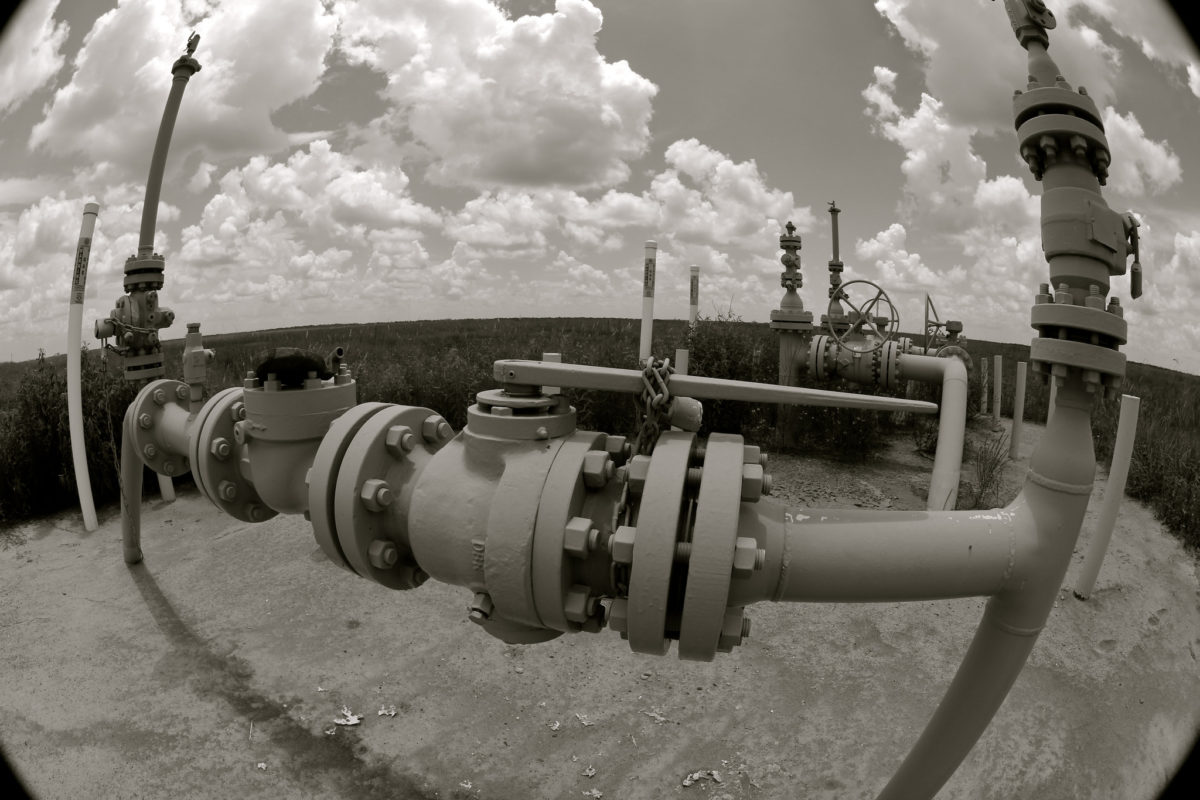Sticking with coal and oil-fired power and heat would give the world a better chance of hitting climate change mitigation targets than switching to natural gas, thanks to the devastating greenhouse gas effect of methane leakage.
That is the headline finding of a hard-hitting report published by the Berlin-based Energy Watch Group thinktank published this week, which has taken a swipe at the International Energy Agency (IEA) for perpetrating the idea natural gas is a more climate friendly option than its rival fossil fuels.
The Natural gas makes no contribution to climate protection study published on Monday claims switching coal power and oil-fired heating to natural gas raises the greenhouse effect of the power and heating supply chain 40% because of methane emissions during natural gas production.
Rubbishing the claims of natural gas to play a part in the future energy mix because of its low CO2 emissions, the report recommends existing gas infrastructure be used solely for genuinely climate-friendly options such as biogas and green hydrogen generated by renewables-powered electrolysis – power-to-gas or power-to-X.
IEA peddling a myth
And the IEA needs to clean up its act too, according to Energy Watch leading scientist and co-author of the report Thure Traber. “The IEA, which many governments regard as a reference for their energy policy decisions, deceives us with outdated figures and problematic assumptions about the actual climate impact of natural gas – with devastating consequences for our climate and the economy,” said Traber. “The economic risks of natural gas are significant: if the climate targets are to be achieved on national and international levels then it is simply impossible for investments in natural gas to pay for themselves. What will remain are stranded investments in the billions [of dollars].”
Tom Vernon, managing director of U.K. flexible power infrastructure business Statera last month told pv magazine the extensive blackout suffered in England early last month proved the need for flexible natural gas generation as back-up to a renewable energy grid, along with battery storage capacity. That controversial claim flies in the face of studies which have considered the ability of energy storage options such as pumped hydropower and green hydrogen to provide sufficient back-up power without the need for fossil fuels in the mix.
“Existing and new subsidies for natural gas are incompatible with the Paris climate protection targets,” said Energy Watch Group president and former German parliamentarian Hans-Josef Fell, in a statement issued yesterday to publish the non-profit’s new study. “Instead, we urgently need more investments in renewable energies because only these have an immediate and lasting positive effect on the climate.”
This content is protected by copyright and may not be reused. If you want to cooperate with us and would like to reuse some of our content, please contact: editors@pv-magazine.com.




Exactly. Finally someone who use their brain correctly. Methane is a GHG 84 times more powerful than CO2 and renewables will be the cheapest form and enviroment friendly of energy production ever. IEA is a outdated agency.
The Energy Watch Group is an advocacy group. Their paper leans heavily on recent research from the previously discredited Robert Howarth.
*UPDATE II* CORNELL RESPONSE TO CORNELL: ‘NONE OF THESE CONCLUSIONS ARE WARRANTED’
https://www.energyindepth.org/cornell-response-to-cornell-none-of-these-conclusions-are-warranted/
https://www.energyindepth.org/new-study-debunks-cornell-ghg-paper-again/
“While there is no definitive indictment yet, the community of methane detectives seems to be getting closer to ruling out one key suspect. “The attribution that was pretty popular a few years ago was increasing natural gas,” says Daniel Jacob, citing the combination of isotopic evidence and atmospheric inversion models by his group and others. “That’s gotten the wind knocked out of its sails a bit. We really don’t see evidence for that.”
“My personal feeling is that the evidence is strongly pointing to a natural biogenic source behind the increase.”
Some researchers, such as Robert Howarth of Cornell, remain convinced that fugitive emissions from oil and gas production—especially fracking—are systematically underestimated, and likely to be behind the global spike. “It’s a compelling narrative,” says Pep Canadell, executive director of the Global Carbon Project, “but the larger community does not support that view.”
https://www.wired.com/story/atmospheric-methane-levels-are-going-up-and-no-one-knows-why/